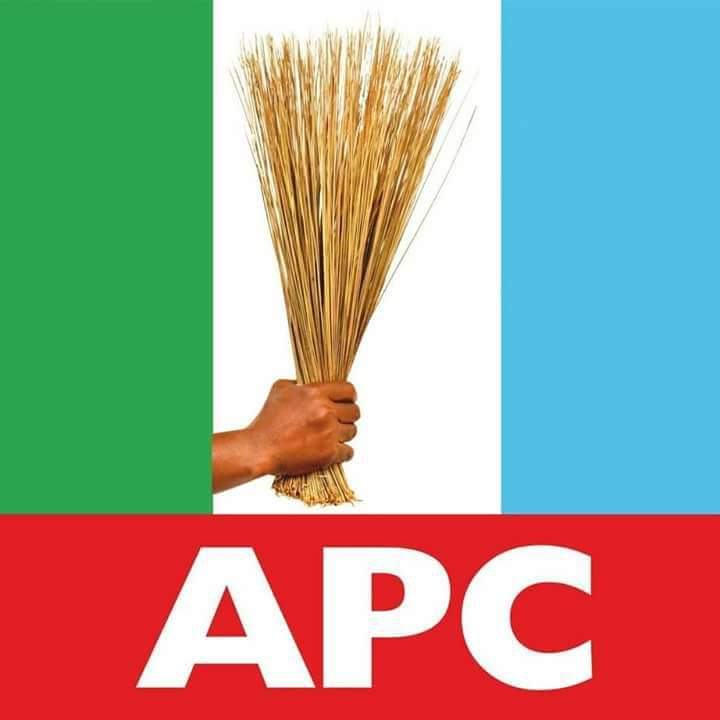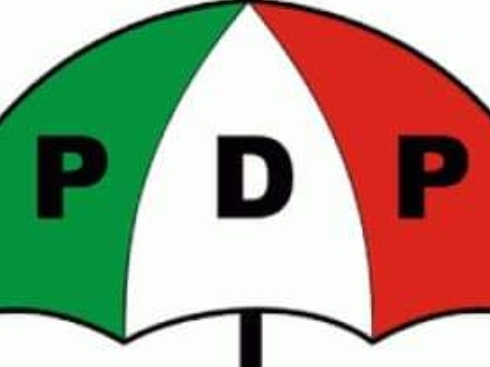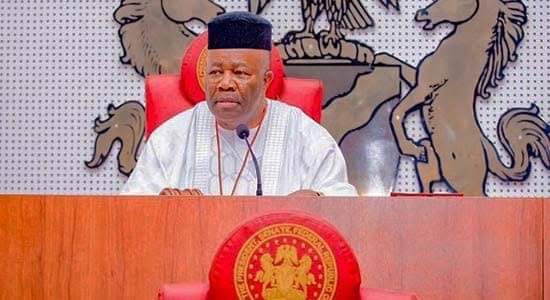Fuel Scarcity May Worsen Nationwide
The lingering fuel crisis in the country may last longer as the nation’s oil company, the Nigeria National Petroleum Company Limited (NNPCL) has admitted to owing petrol suppliers to the tune of about $6 billion.
Nigerian Tribune reports that Nigerians have not had it so good this year as fuel queues have dotted filling stations across the country, with prices ranging between N900 and N1,200; and this has impacted negatively on the economic and social well-being of the citizens.
Giving reasons for what may come in the days ahead, NNPCL’s Chief Corporate Communications Officer, Olufemi Soneye, in a statement he issued on Sunday, admitted that the financial strain has placed considerable pressure on the company and poses a threat to the sustainability of fuel supply.
Wuam, Economic History professor
Before South Africa’s demons start murdering Nigerians again
“NNPC Ltd has acknowledged recent reports in national newspapers regarding the company’s significant debt to petrol suppliers.
“This financial strain has placed considerable pressure on the company and poses a threat to the sustainability of fuel supply.
“In line with the Petroleum Industry Act (PIA), NNPC Ltd remains dedicated to its role as the supplier of last resort, ensuring national energy security.
“We are actively collaborating with relevant government agencies and other stakeholders to maintain a consistent supply of petroleum products nationwide,” the statement read.
The statement confirms reports in our sister publication, the Sunday Tribune, which had indicated on Sunday that the current fuel supply crisis may worsen, following the decision of fuel suppliers to halt supplies to the NNPCL over the growing debt put at over $6 billion.
The development had forced filling stations to jerk up the prices of PMS to between N900 and N1000 per litre in many states of the South and the North Central.
The Sunday Tribune had reported that the PMS liabilities currently being owed the suppliers by the NNPCL, according to industry insiders, stands at over $6 billion.
The newspaper quoted an industry source familiar with the PMS importation into the country confirmed that the outstanding liabilities might be forcing the suppliers to rethink servicing the country. About five vessels, he claimed, originally intended for supply to Nigeria have refused to discharge fuel to NNPC due to fear of payment.
The situation, he explained further, has forced the petroleum company to start rationing the stock it has, while appealing to its long-term trusted suppliers not to cut off supply. Confirming that there is indeed a supply issue, a senior official at the NNPC, who spoke on the condition of anonymity as he was not authorised to speak to the media, claimed the company is struggling to supply dealers due to a shortage of products at its tanks.
“Bulk sales of ships and trucks to depot owners have slowed down in the last five days due to shortage of supply,” he said.
Failure of the company to promptly respond to the debt, it was said, has created doubt in the suppliers who are reluctant to accumulate more liabilities in the course of supplying petrol to the NNPCL, the sole importer of the product for the country, the newspaper reported.











































